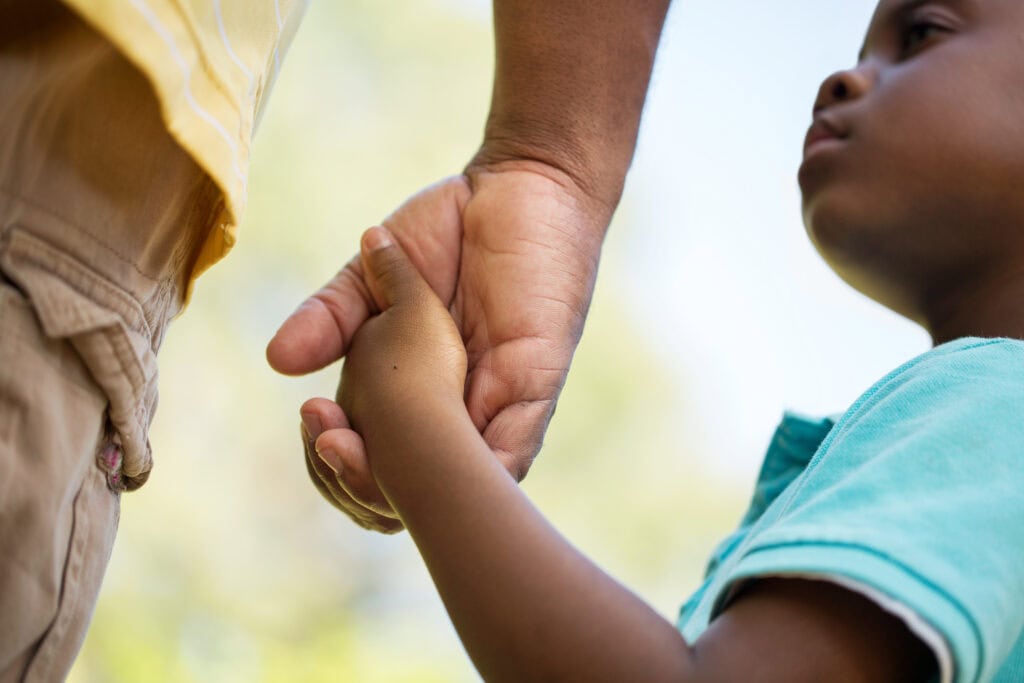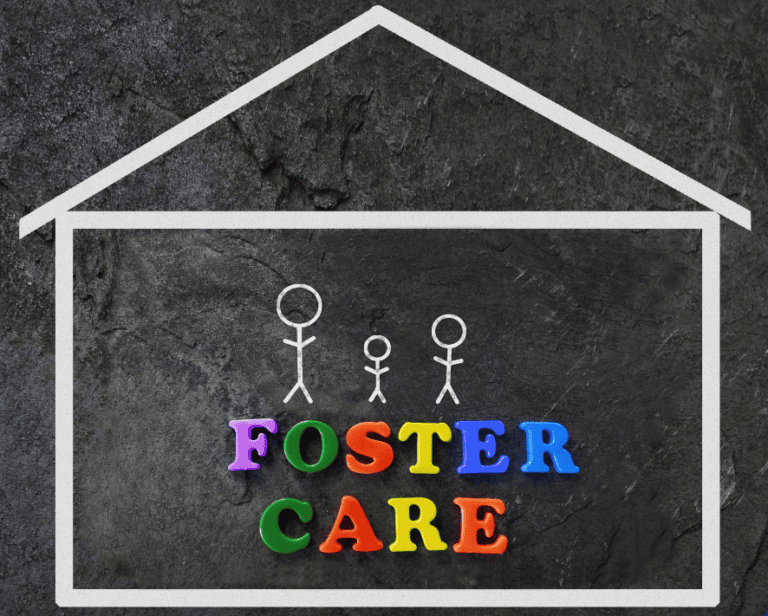When asked, everyone likes to express that the adoption of a child is a celebratory and joyous occasion. Though this is true, the adoption of a child also brings long-term emotional complexities for the adoptee, birth parents, and all parties involved. There are a multitude of emotions and feelings that can linger. Here, we discuss seven core issues that adoptees, birth parents, and adoptive parents may need to identify, acknowledge, and validate to better support the post-adoption experience.
Loss: A Core Emotion
The first feeling is one of loss. People who have never been involved with the adoption process may not understand why the adoptee associates adoption with a sense of sadness. To appreciate the adoption into the new family, we must respect the loss the child experiences from their biological family, to which they still remain genetically connected. This loss can manifest itself into other areas of the child’s life and carry into adulthood if not addressed and recognized.
Rejection: A Foundational Feeling
The second emotion to consider is a foundational feeling on the road to adoption—rejection. To some, rejection means that someone had to “unchoose” you before another person could “choose” you.
Guilt and Shame: Internalized Trauma
Another issue that comes to the forefront through adoption is one of guilt and/or shame. They feel guilt for not being worthy of staying with their birth or previous foster families and shame for having to enter the foster care system and be labeled as a foster child. A child can often internalize the trauma of birth parent separation as ‘their fault.’ Adoption can bring up these past emotions of rejection and abandonment. The feeling that someone had to give you up in order to be adopted. The adoptee may feel that something is wrong with them, which may cause feelings of shame. This too can lead to faulty thinking and disruptive future relationships if not addressed.
Grief: A Complex Emotion
A recurring issue not often considered is one of grief. We can celebrate the start of a new life, but we must not underestimate the loss of a birth family, both legally and spiritually. The adoption signals a loss that reunification and/or reconciliation would be possible, and everyone within the adoption circle should allow space to acknowledge these complex emotions.
Identity: Understanding Origins
The fifth issue centers around identity. Even though the adoptee now has a new family and possibly a new name, they remain biologically connected to their origins. Their medical history, along with cultural and ethnic needs, are very important to foster and support with a new adoptee.
Intimacy: Navigating Relationships
The sixth issue is one of intimacy. This issue revolves around the sensitive areas of relationships. Rejection or experiences in multiple foster or pre-adoptive homes can impair a person’s sense of self-worth. Helping an adoptee learn who they are as they grow and change helps lead to a sense of value and worthiness as a human being.
Mastery and Control: Gaining Agency
Finally, another issue may arise, and that is one of mastery and control. If anyone leaves any of the aforementioned emotions unacknowledged, they may experience feelings of powerlessness and a lack of voice or foundation to stand upon. An adoptee requires a sense of control or agency over their own perspectives, insights, and emotions to adequately navigate their changing world. The security and safety that the adoptive circle provides gives a safe space for the child to communicate their vulnerabilities, apprehensions, questions, and emotions.
Conclusion: The Importance of a Safe Space
Adopting a child is a wonderful and life-changing event that we must celebrate. But it is also a time of deep reflection and mixed emotions for the adoptee. We must all understand that the ‘before’ and the ‘after’ of adoption is a fluid event that is mostly ‘present’ in the adoptee’s life. Within the adoptive circle, providing a safe space to identify, support, and communicate these seven emotions will allow a child to feel more secure and confident as they reach permanency with their forever family.
Crossnore’s Role in Adoption
Over the years, hundreds of children have found their forever family through Crossnore’s Foster Care and Adoption program. This year alone, 8 families have adopted 12 children, with 4 additional children slated to be adopted by the end of the year. All of our adoptive families lead with love, compassion, and grace to navigate the complexities of pre and post adoption, and Crossnore walks alongside them at every step of this process.
“God knows that it doesn’t matter how your children get to your family. It just matters that they get there.” — Kira Morlesen




